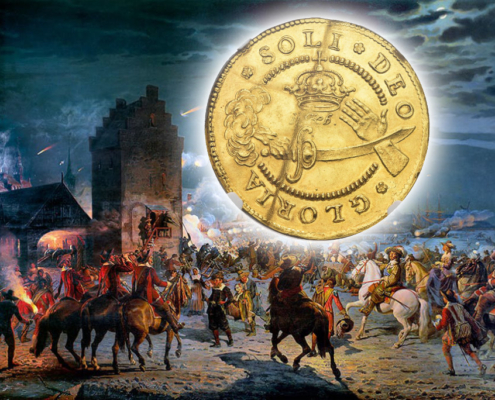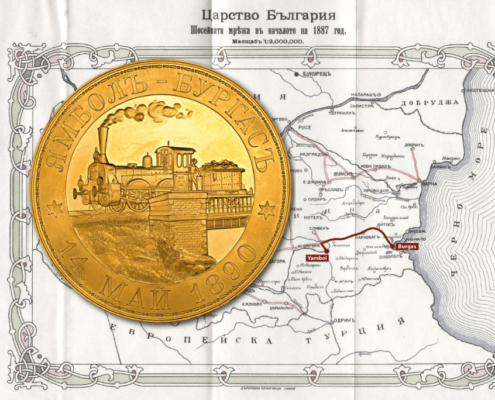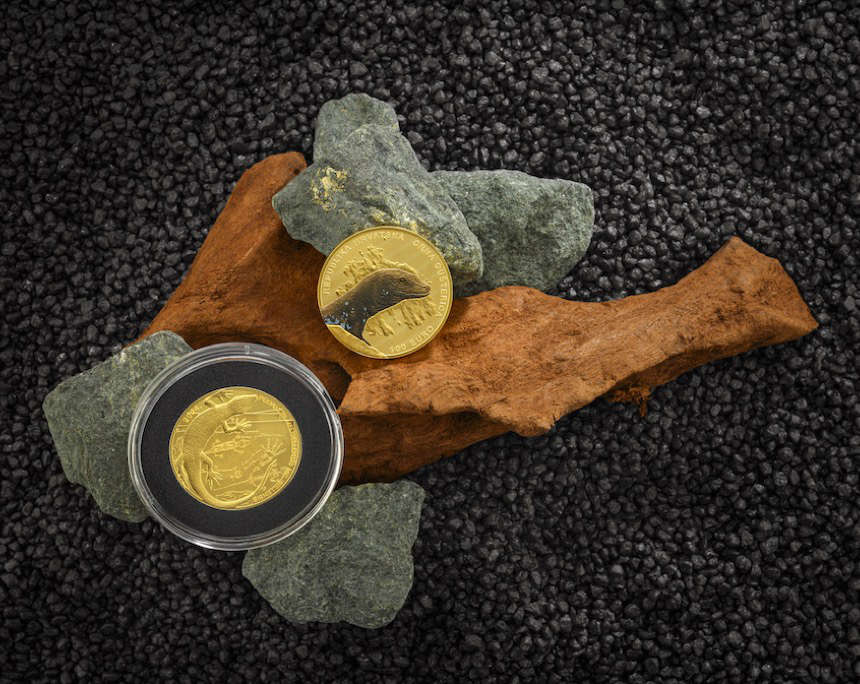Archive: People and Markets
Black Lizard: The Second Issue of the Autochthonous Croatia Series
If you want to witness how Darwin’s natural selection works, there is no need to travel to the Galápagos Islands. The lizards on Croatian islands are just as diverse as Galápagos tortoises. The Croatian Mint has dedicated its latest issue of the Autochthonous Croatia series to a very special lizard species.
Coin of the Year: Surprising Picks and Standout Themes from the Oscars of Numismatics
Every year, collectors around the world eagerly await the nominations for the Coin of the Year (COTY) Award, which honors the most outstanding coin issues from across the globe.
Archive: Coins, Medals and more

Frederick III of Denmark and Eben Ezer
SINCONA’s Auctions 92 to 95 will take place from 21 to 25 October 2024. This article introduces one of the many rarities up for sale: a so-called “Ebenezer” coin from Denmark. The 4-Ducat piece is extremely rare and of great historical interest.

Bulgaria, Prince Ferdinand I and the Railroad
One of the highlights of Künker’s auction 395 is a spectacular gold medal with a weight of 110 ductats. It was the personal property of Prince Ferdinand I. of Bulgaria. This medal takes us back into a period when Bulgaria modernized its economy. And the railroad system played a major role in this.










New Director of the Winterthur Coin Cabinet Appointed
Gunnar Dumke will be the new director of Winterthur Coin Cabinet. The ancient historian and archaeologist will succeed Benedikt Zäch, who is retiring after thirty years at this position.
Hobby Detectorists Find Viking Treasures
Two coin hoards from Viking times were found by detectorists in Denmark at once. The coins by Harald Bluetooth tell of a dramatic period and led researchers to the sensational find of a settlement area.